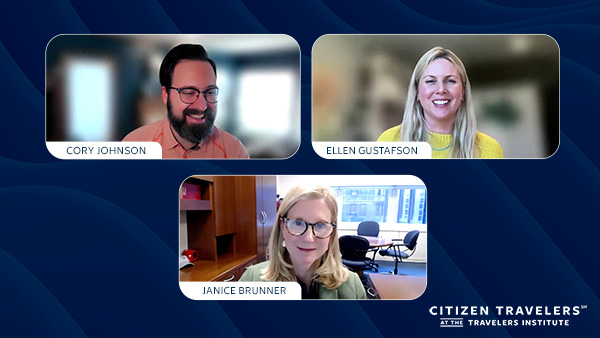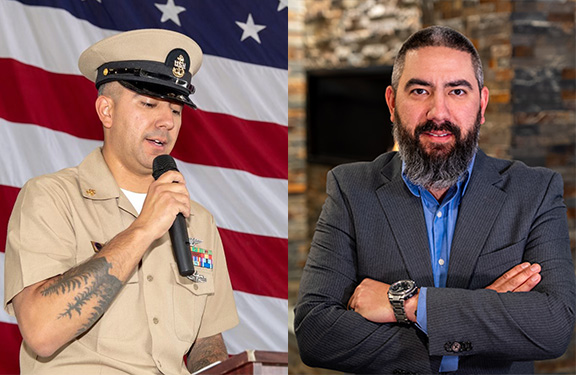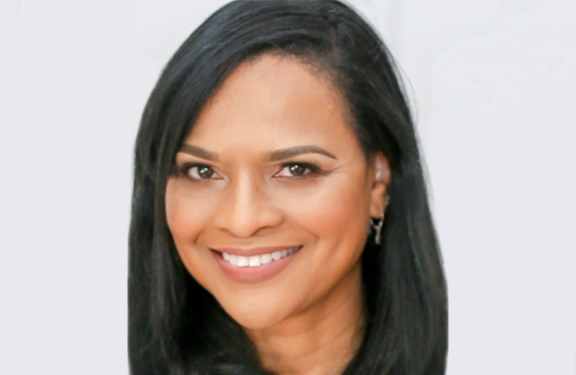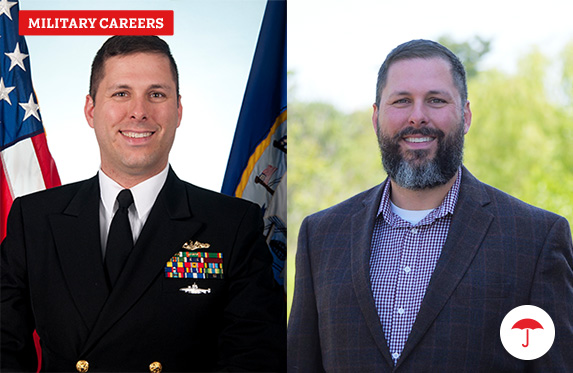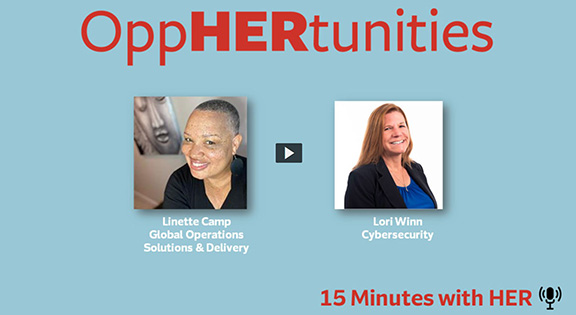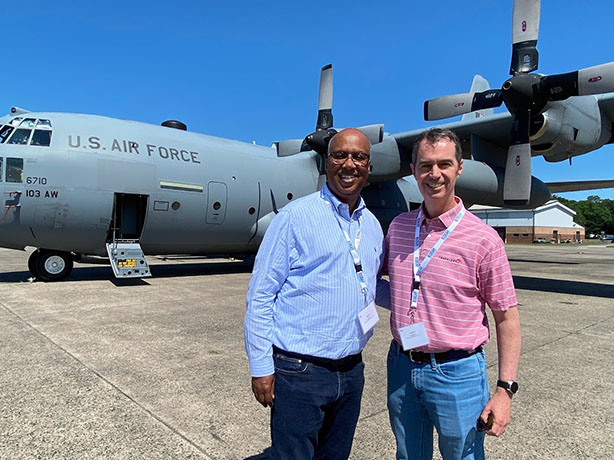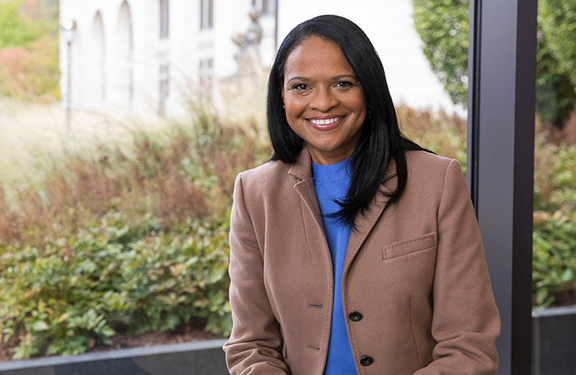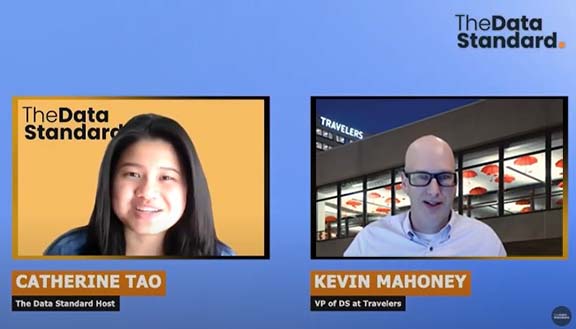Resume Tips from a Travelers Recruiter
Are you ready to take the next step in your career but unsure how to best showcase your skills and experience? At Travelers, countless opportunities are waiting for you. Our latest blog will provide resume writing tips to help you stand out.


